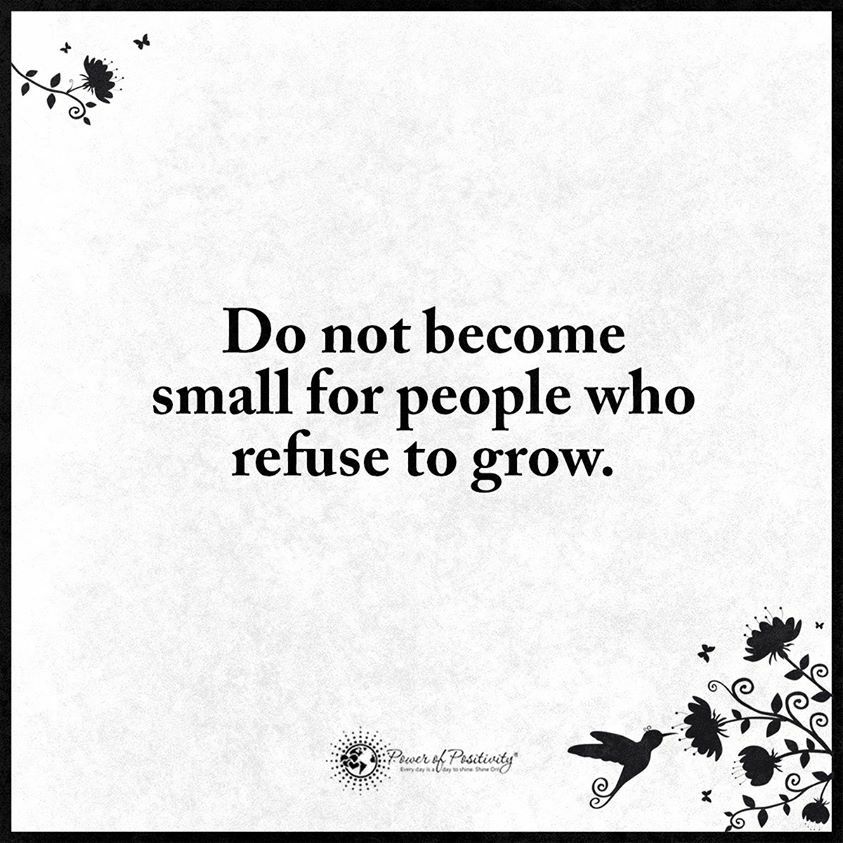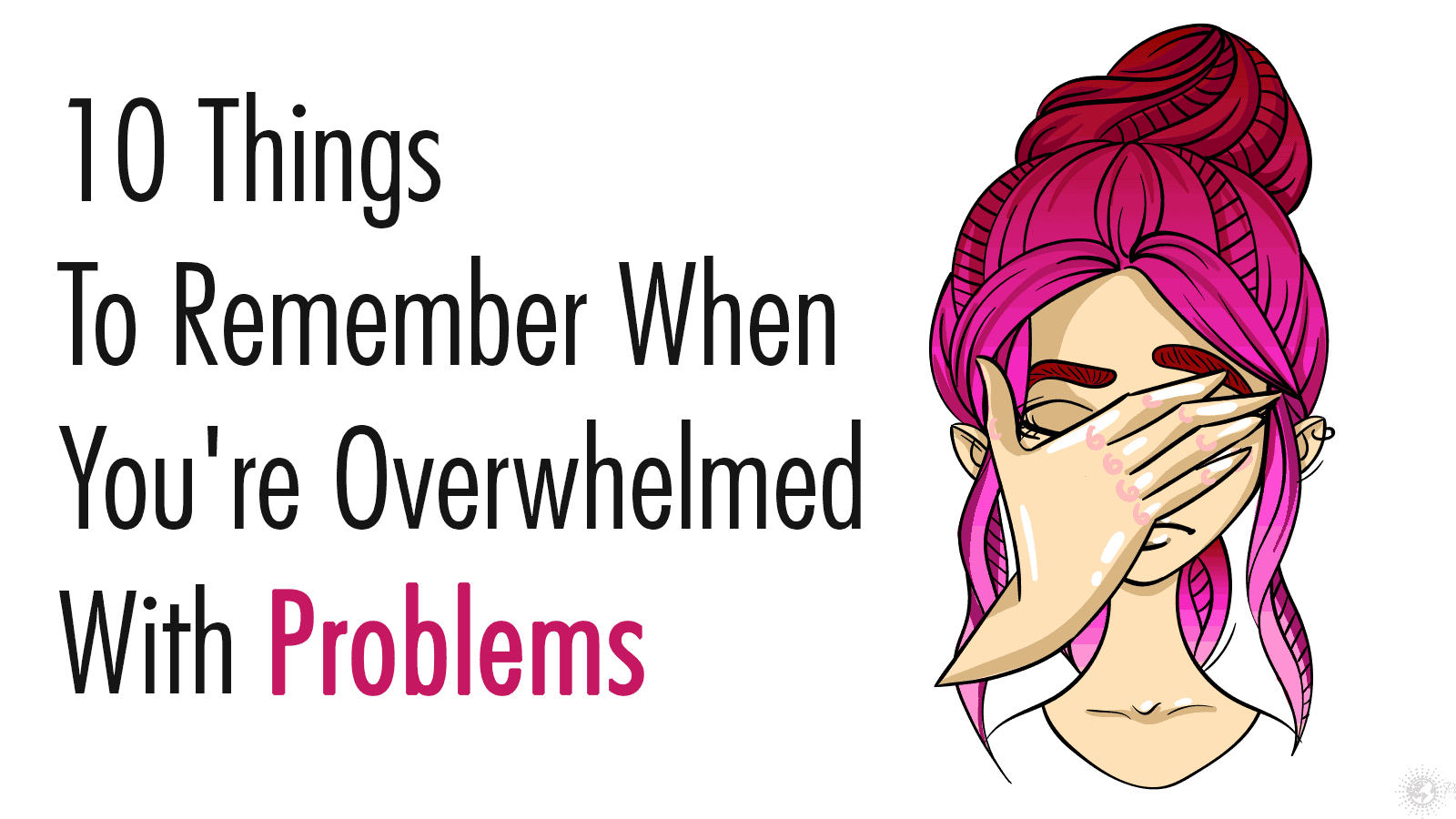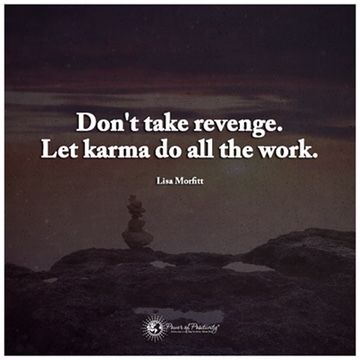Anger is a powerful emotion. Sometimes, it can be rather all-consuming and challenging to control. If you’ve ever felt so enraged that you started seeing red, there’s a fair chance that you, in the process of directing that anger at others, said or did hurtful things that you didn’t mean. But that still did not help you solve problems!
There’s no excuse for lashing out in anger, no matter the situation. But even if you bottle up your rage, you might still be handling it in negative ways, like by holding it pent up within you or expressing it in other harmful manners. It’s also not good if that anger stops you from fixing mistakes or solving problems.
That’s where emotional regulation comes into play! It can help prevent the worst effects of an emotional response or even dissipate it entirely, in a healthy way. But what is emotional regulation? Well, it’s what it sounds like – the act of balancing strong emotions to prevent disproportionate reactions. It is meant to bring feelings down to more manageable levels.
So, how can you perform this skill on your robust and blazing anger? How can you find rationality in the heat of the moment? Here’s how therapists reveal 8 simple ways to regulate anger and solve problems.
1. Own The Anger
There’s no point in denying anger when it occurs. While you shouldn’t allow it to make you act out violently or in extremes, there’s nothing wrong with knowing and recognizing the anger and admitting to it.
Communicating your emotions to those around you may be the better option, states licensed clinical psychologist, author, keynote speaker, and professor Andrea Bonior, Ph.D. This preference is because:- To resolve something, you have to face it, and you can’t meet your anger if you don’t admit to yourself that you have it.
- Your anger targets may not be aware of how you feel, which may escalate the situation.
- It allows you to suggest a possible way to solve the issue or communicate your needs; for example, you could explain a need to cool off, request to change the subject or be guided through the problem.
- It reduces your internal conflict.
2. Take The Action You Need To Calm Down and Solve Problems
You’ve admitted that you’re angry – not it’s time to calm down. According to prolific author, licensed clinical social worker, and therapy trainer Robert Taibbi, this is an essential step in emotional regulation.
Do whatever you need to do that helps you calm down. If you need to leave the room for a few minutes, do so. It might be a good idea to get active, as studies indicate that exercise can have a positive effect on anger. Regardless, what you do to bring yourself to reality is up to you. You can:
- Take a walk
- Listen to some music.
- Punch a pillow
- Take a shower
- Practice deep breathing or mindfulness meditation
- Play a video game
- Journal
Do note that if you significantly struggle with emotional regulation and can’t quite seem to get a handle on your emotions, you may want to speak to a doctor or relevant mental health professional. Though many people need to learn emotional regulation, severe difficulty in the matter can point to a mental illness such as borderline personality disorder, according to research.
3. Make Modifications
The situation you’re in might not be one you can change. Still, there’s a chance that you can make small modifications, says Professor Emerita of Psychological and Brain Sciences, Gerontology professor, writer, and researcher Susan Krauss Whitbourne, Ph.D. This is why you can pinpoint the emotion you want to reduce and focus on finding a positive way to calm down.
As an example:
- Emotion: You’re feeling disappointed.
- Identify the situation causing the emotion: You planned to handmake a lovely gift for a family member, but your expectations were too high. The gift doesn’t go as planned.
- Modification: Choose a handmade gift that is within your abilities to do well.
These small modifications can be all you need to help alleviate your anger. Remember, setbacks don’t have to be the end of the world! You can find ways around them!
4. Evaluate How to Solve the Problem
At some point in your anger, you have to ask yourself – is there an issue here? Once you’ve calmed down a little, look at the problem again. Ask yourself:
- Was the crisis exacerbated or created due to my emotions?
- Is there an external factor causing a disproportionate reaction to my circumstances, such as a lack of sleep or tiredness?
- Is this a problem for me due to past experiences and trauma that likely won’t carry over to the present moment?
- Are there more significant problems beneath the one on the surface?
- Has this happened before? If so, how did I handle it then? Would that method work now?
Asking yourself all these questions should be able to chop down the problem into bite-sized pieces concisely. If a real problem remains, now you know its rational extent. This means you can now take appropriate action, says Taibbi. This is a crucial step in emotional regulation, according to research.
5. Change Your Patterns
A lot of people are creatures of habit, in a sense. Their actions, reactions, and behaviors follow specific patterns. It can be challenging to get around that sort of thinking, as it’s so deeply ingrained into your psyche. But sometimes, that’s the best way to learn to regulate anger and solve problems, says Whitbourne. Here are some things you can change to manage anger better:
· Thought Patterns
Everything we say and do is influenced, in some way, by our thoughts. So what are your thoughts and beliefs? What is it about them that leads to anger or sadness in certain situations? You’ve likely heard of the phrase, “don’t cry because it’s over; smile because it happened.” That’s what you have to do about your thoughts. Instead of your beliefs centering on loss, center them on the joy of experiences. Yes, you’ll still feel negative emotions for a little while, but the positive thinking will get you through a lot!
· Attention
Often, what you choose to give your attention to is what is behind your negative thoughts and emotions. For example, you might dislike eating dinner outdoors because you’re obsessing over calorie counts, or you might feel inferior to people at parties because you don’t think you look as nice.
In that example, your focus would be on appearance. So shift that attention to something else! Think about the special treat of the outside food and how it can motivate you to give it your all at the gym later, or think about how you want to show off your cool swimsuit! Better yet, focus on you. If you keep paying the most attention to your own business, you’ll find that this thinking method comes naturally in the future.
· Responses
The way you respond is your last line of defense between any given emotion trigger and emotional dysregulation. Learn to take control of your anger before it gets the better of you. Take several deep breaths and do what you need to do to calm down. Learn to get used to saying, “I’m feeling pretty angry right now, and I’d like some time to calm down. Can we continue this in a few minutes?”
6. Know When To Progress
At some point, you’ll be cooled down enough to look at the problem in the eye and solve it. According to Taibbi, you should now:
- Have clear, calm conversations with people who hurt you or angered you
- Stop mulling, obsessing, or wallowing in the emotion
- Be willing to find compromises, and understand that something you can’t get your way
- Apologize if you’ve made outbursts of anger that have affected others; don’t attempt to justify, excuse, or shift blame
- If needed, discuss with those involved how you can avoid this in the future; if not required, think to yourself how you can prevent this in the future
7. Share It
Sharing your emotions can feel quite cathartic, according to Bonior. But you need to be careful about who you share these things with. Not all people will be prepared to hear what you have to say, and some won’t be supportive or validating of you regardless of how close they are to you.
It’s a good idea to choose close, trusted friends or family members to discuss these problems with. Make sure you let them know upfront if you’re letting off steam or want their input. There’s also the option of going to a therapist or counselor for an unbiased, outside opinion on the situation.
Can’t share what you experience with anyone? Write it down or express it in another way, such as by writing poetry, painting an angsty picture, or even heading to the gym to have a go at the punching bags.
8. Check-In With You
The goal of learning to regulate your anger is to learn to train your brain to get itself under control so problems can be dealt with. Ideally, you’ll want to start learning to prevent anger from overflowing past a certain point, says Taibbi. Here’s a great, simple way to begin performing check-ins on your emotional state:
- Rank your rage on a scale. Determine what number on that scale is the “dangerous” number that you have trouble dialing back.
- Every hour, do a little check-in to see how you’re feeling and rank your anger on that scale you made.
- If you’re getting close to the point of no return, take steps to dial it back. You know you’re getting close to the boiling point – now cool it down!
Final Thoughts On Some Simple Ways To Regulate Anger And Solve Problems
No one can deny that anger issues make solving problems and living peacefully with others very difficult. Unfortunately, emotional regulation can be challenging to get a grasp of. If you’re neurodivergent, you may even need the assistance of a qualified professional to help you with this skill.
Still, regardless of who you are and the circumstances of your life, there’s no shame in seeing a counselor or therapist about emotional regulation. These experts are trained to help you and can help you improve your positive thinking with their unbiased, professional techniques. Just remember: your anger doesn’t define you, nor does any emotion, and you are strong enough to control it!

















 Community
Community

